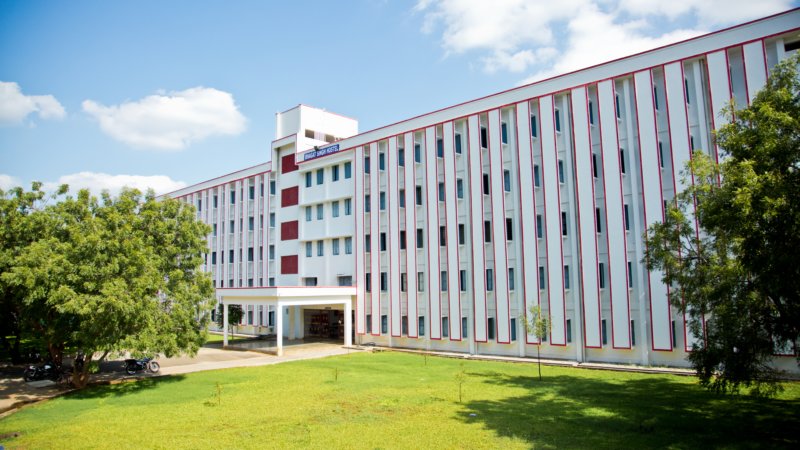
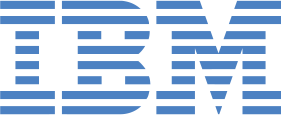
To become a Centre of Excellence in Teaching and Research in the field of Computer
Science and Engineering


To prepare the students for a prospective career in IT industry and for higher learning.
To carry out research in cutting edge technologies in computer engineering to meet the
requirement of the industry and society
Department of Computer Science and Engineering was established in the year 1984. In 1995 the Department became the first self-finance engineering college department in south India to offer M.E (CSE). Based on the infrastructure and faculty strength the department was recognized as research centre by Anna University in 2003 to offer M.S (by Research) and PhD programs in the area of computer Science and Engineering. Recently B.Tech. Computer Science and Engineering programme is accredited by NBA under Tier 1 category(Outcome Based Education) as per Washington Accord.
The department has well equipped laboratory facilities including Web programming, Distributed Computing, Programming Languages, Software development, Open source Technologies laboratories to provide the practical training to the students. Also, the students are given the opportunity to work in the Network Technology and Network Security Laboratories attached with the TIFAC-CORE in Network Engineering.
Highly qualified and experienced faculty with specialization in Data Mining, Image Processing, Software Engineering, Natural language processing, Web Technology, Embedded systems, Evolutionary computing, Network Technology and Distributed Computing are working in the department.
The Students are given exposure to latest trends in technology including Embedded system design, Big Data Analytics, Image Processing, Extreme Programming, Software Testing, Sensor Networks, Cloud Computing, Soft Computing etc. through workshops, guest lectures and seminars. The department offers many value added educational programs and Certification programs to the students including CCNA, Security+, Sun Java, RedHat Linux Certification, etc. The department in association with the Computer Society of India and IEEE Student branch regularly organizes workshops, seminars and technical talks for the benefit of students and the staff. The department has close interaction with leading industries and educational Institutions. Many projects were carried out in association with leading software industries and research laboratories including Naturesoft, Pentasoft, Hexaware, CTS, HCL, Sathyam, IGCAR, CECRI, CLRI, Ramco Systems, Wipro, TCS, Flextronics, etc.
Kalasalingam Academy of Research and Education collaborates with IBM-ICE in designing the
curriculum and its implementation. The curriculum considers tracks such as Data Analytics,
Artificial Intelligence and Machine Learning, Cyber Security & Forensics, IoT & Smart City. For
effective teaching and learning, the collaboration facilitated the training of the faculty members
by IBM personnel, adoption of innovative assessment schemes such as project based
evaluation, open book test, peer evaluation and industry personnel evaluation. The series of
industrial webinars and guest lectures provide continuous support on updating the latest trends
and technologies for faculties and students. The project-based and practice-based learning
groom up the research skills of the students.
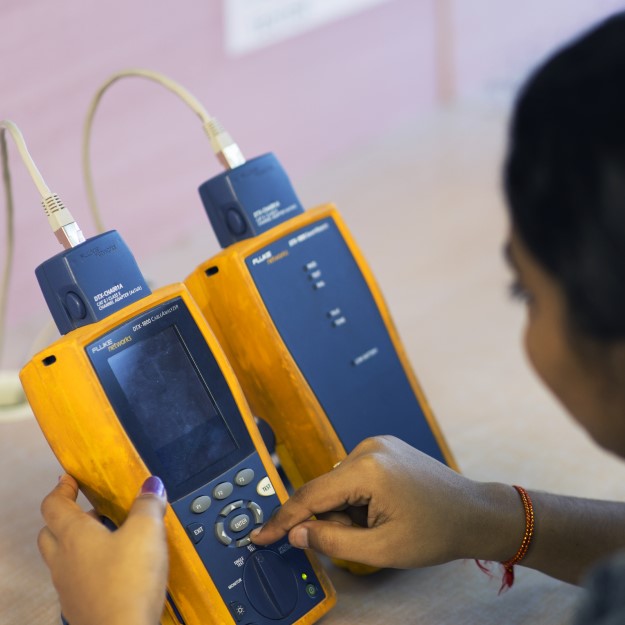
Lab
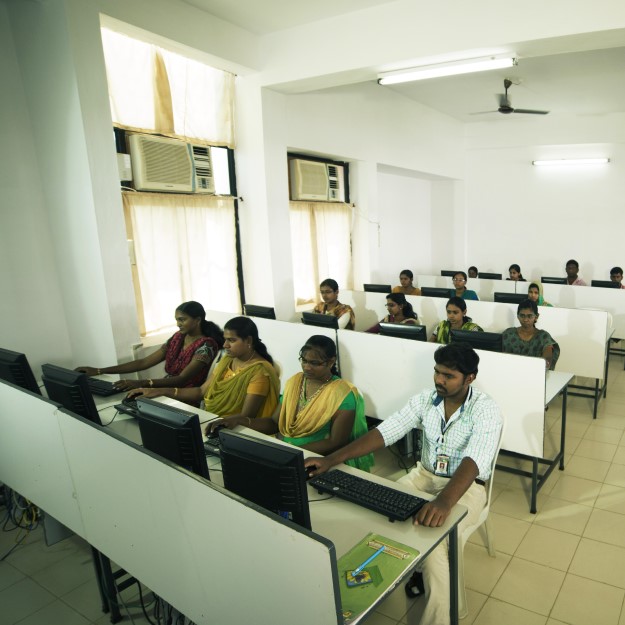
Labs
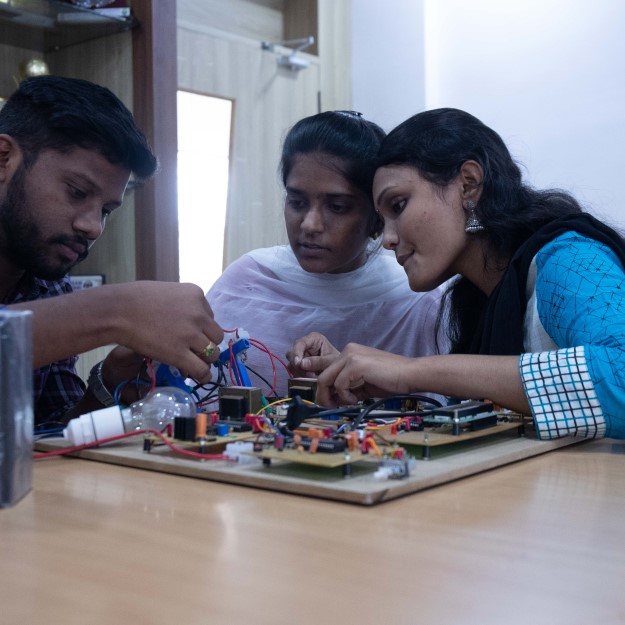
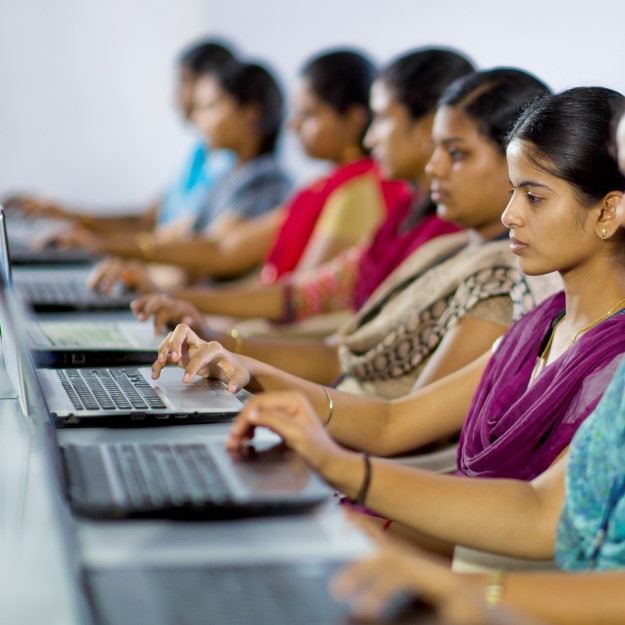
Labs
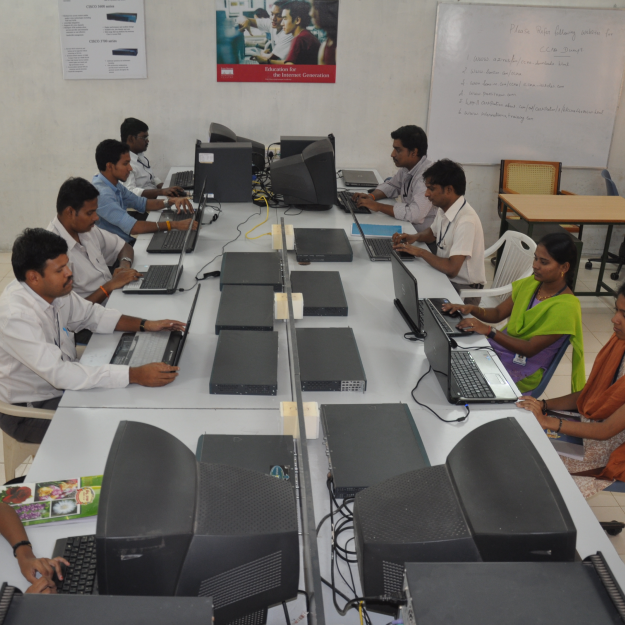
Labs
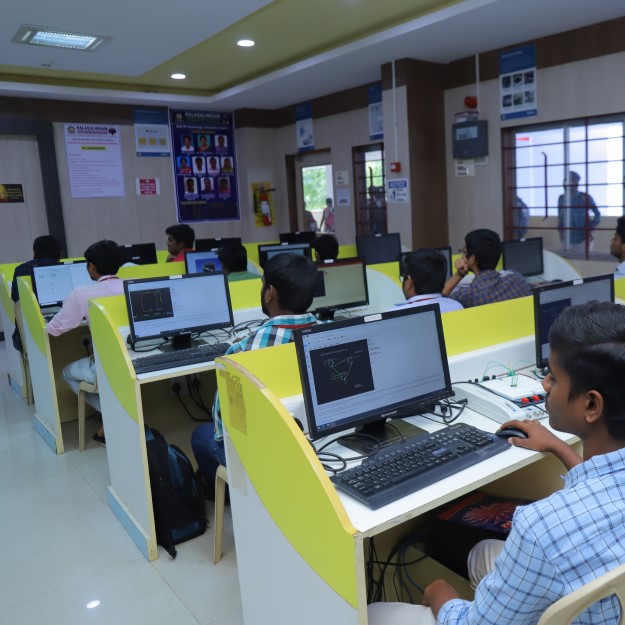
Labs
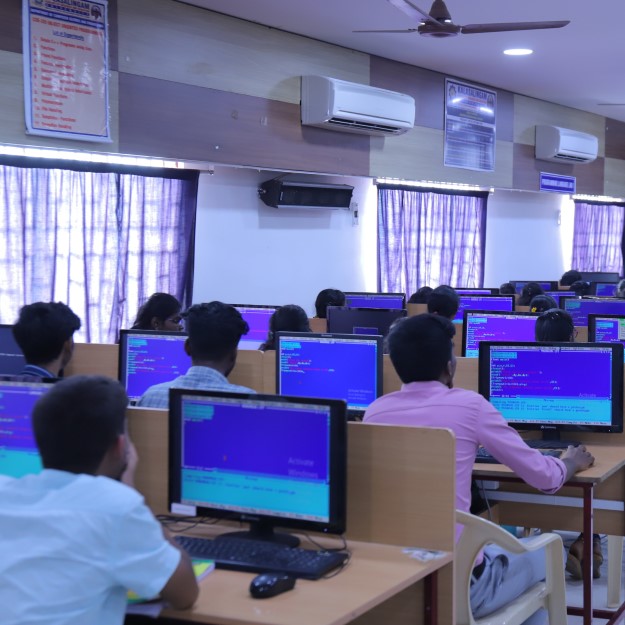
Labs
Program Educational Objectives (PEO)
1. The graduates will demonstrate technical proficiency in Computer Science and
Engineering during employment or higher studies.
2. The graduates will imbibe problem solving skills through continuous learning and
innovative mindset to provide sustainable solutions
3. The graduates will operate in a diverse environment as a professional or an entrepreneur to solve societal problems with professional ethics.
PROGRAM SPECIFIC OBJECTIVES ((PSO)
1. Problem-Solving Skills: The ability to apply mathematics, science and computer
engineering knowledge to analyze, design and develop cost effective computing solutions
for complex problems with environmental considerations.
2. Professional Skills: The ability to apply modern tools and strategies in software
project development using modern programming environments to deliver a quality product for business accomplishment.
3. Communication and Team Skill: The ability to exhibit proficiency in oral and
written communication as individual or as part of a team to work effectively with professional behaviors and ethics.
4. Successful Career and Entrepreneurship: The ability to create a inventive career
path by applying innovative project management techniques to become a successful software professional, an entrepreneur or zest for higher studies.
PROGRAM OUTCOMES (POs)
1. Engineering knowledge: Apply the knowledge of mathematics, science, engineering
fundamentals, and an engineering specialization to the solution of complex engineering
problems.
2. Problem analysis: Identify, formulate, review research literature, and analyze
complex engineering problems reaching substantiated conclusions using first principles of
mathematics, natural sciences, and engineering sciences.
3. Design/development of solutions: Design solutions for complex engineering problems and design system components or processes that meet the specified needs with
appropriate consideration for the public health and safety, and the cultural, societal, and
environmental considerations.
4. Conduct investigations of complex problems: Use research-based knowledge and
research methods including design of experiments, analysis and interpretation of data,
and synthesis of the information to provide valid conclusions.
5. Modern tool usage: Create, select, and apply appropriate techniques, resources,
and modern engineering and IT tools including prediction and modeling to complex engineering activities with an understanding of the limitations
6. The engineer and society: Apply reasoning informed by the contextual knowledge
to assess societal, health, safety, legal and cultural issues and the consequent responsibilities relevant to the professional engineering practice.
7. Environment and sustainability: Understand the impact of the professional engineering solutions in societal and environmental contexts, and demonstrate the knowledge
of, and need for sustainable development.
8. Ethics: Apply ethical principles and commit to professional ethics and responsibilities and norms of the engineering practice.
9. Individual and team work: Function effectively as an individual, and as a member
or leader in diverse teams, and in multidisciplinary settings.
10. Communication: Communicate effectively on complex engineering activities with
the engineering community and with society at large, such as, being able to comprehend
and write effective reports and design documentation, make effective presentations, and
give and receive clear instructions.
11. Project management and finance: Demonstrate knowledge and understanding
of the engineering and management principles and apply these to one’s own work, as a
member and leader in a team, to manage projects and in multidisciplinary environments.
12. Life-long learning: Recognize the need for, and have the preparation and ability
to engage in independent and life-long learning in the broadest context of technological
change.
The department is equipped with research centres such as the Centre for Composite Materials, Centre for Advanced Thermal Studies, Centre for BioComposites, and Centre for Surface Engineering for students to carry out in-depth research activities and learn practically which helps the undergraduate students to get exposure and experience in the advanced machines. The department has funded research projects in the area of Optimization Studies, Composite Materials, Machining Studies, Supersonic Flow, Heat transfer, and CO2 sequestration by DST, DRDO, AICTE and International funding agencies. The department receives regular funding from many prestigious organisations working in the field of Science and Technology. The department currently has 9 ongoing research projects with total funding of INR. 1,81,67,690 and completed 12 research projects with total funding of INR. 234.6 Lakhs. The department has 100 publications published under their name.


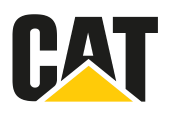



























This moulded them to develop 10 innovative products in 5 years. They have also got 23 patents and 55 publications under their name. The students have done wonders in the field of extracurricular activities apart from academics. The students took part in many National and International Events” and bagged lots of medals. The students of B.tech- Mechanical Engineering are offered a One Credit Course from the Industry and International Professors. The department invites resource persons from industries and abroad to handle one credit course in order to raise awareness and bring industrial skills to our students (15hours).
Most of the students from the B.Tech Mechanical programme doing their final year Project/ internships at industries/ International universities for a semester.

Firstly I am very happy to be part of KARE for the opportunities I got. KARE provides you a lot of opportunities to improve your technical skills and soft skills through various In-campus programs. I used many platforms like participating in extracurricular activities also. It is one of the best places to experience college life. KARE has good lab facilities. If you want to participate in any competitions or activities the staff gives you there 100%.The placement wing is also very good here. Which makes you participate in many interviews and mock tests.
I would like to thank each and everyone who guided me throughout this wonderful journey.
Varun Kumar Gande,
Fullstack developer,
Leanpitch technologies pvt ltd,
Batch: 2015-19
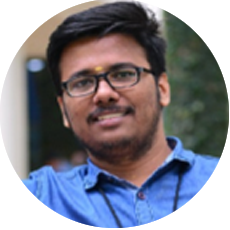

Mr.Ram kumar,
Batch (2012-2016), Grapigz – IT and Online Marketing,Madurai